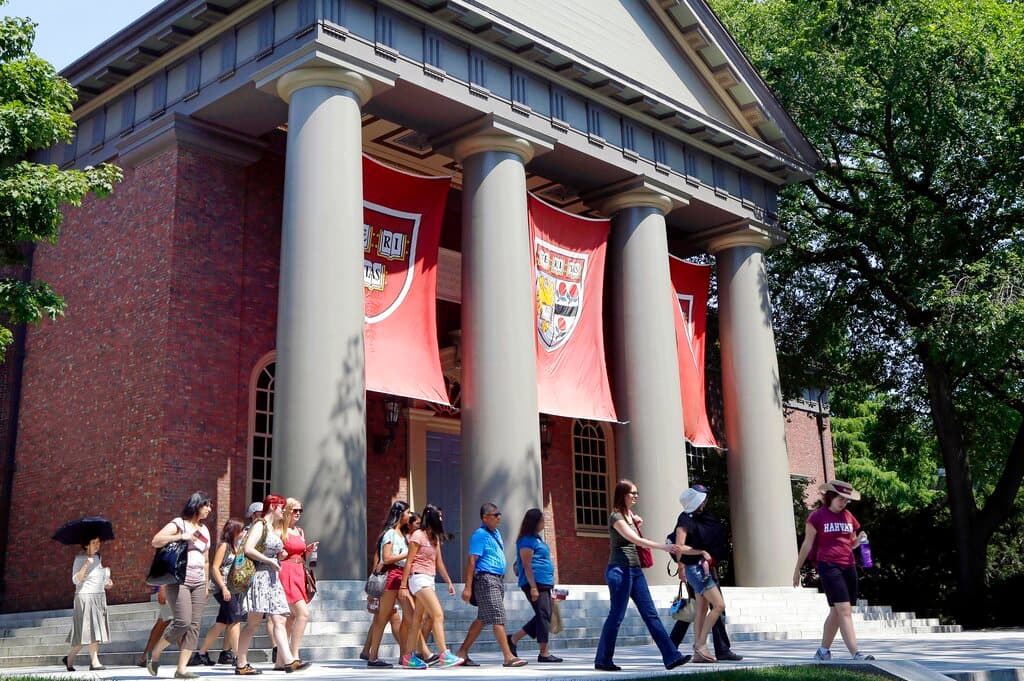Harvard Strikes Back on Affirmative Action
Multiple suits invite the high court to reify or reject the use of race in admissions in light of the Fourteenth Amendment and federal anti-discrimination law.

Harvard will be striking back against efforts to short circuit its admissions process, its latest filing at the Supreme Court suggests. It offers a full throated defense of the use of race in determining who receives an offer to matriculate at the nation’s oldest college.
Please check your email.
A verification code has been sent to
Didn't get a code? Click to resend.
To continue reading, please select:
Enter your email to read for FREE
Get 1 FREE article
Join the Sun for a PENNY A DAY
$0.01/day for 60 days
Cancel anytime
100% ad free experience
Unlimited article and commenting access
Full annual dues ($120) billed after 60 days

